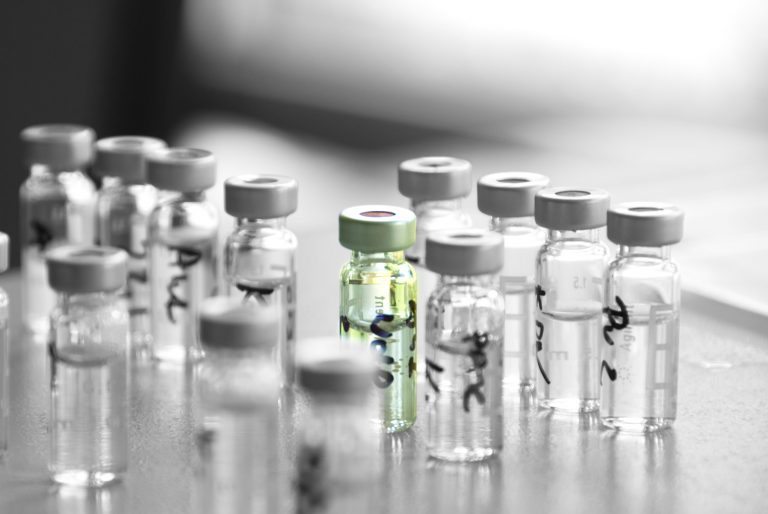
German researchers have created a new vaccine against SARS-CoV-2—CoVac-1—that induces a T cell immune response in a high proportion of patients with leukemia and lymphoma.
These patients are at high risk for severe COVID-19 because they are often receiving B cell depleting therapy which means that they cannot mount sufficient humoral, i.e., antibody-mediated, immune responses after vaccination with mRNA and other currently approved COVID-19 vaccines.
Speaking in a press conference at the AACR Annual Meeting 2022 in New Orleans, lead author Claudia Tandler from University Hospital Tübingen explained that T cells play a central role in the acute immune response against SARS-CoV-2 and can combat COVID-19 even in the absence of neutralizing antibodies. They are therefore “of particular importance for patients lacking humoral immune responses,” she said.
Tandler and an interdisciplinary team of oncologists and immunologists, led by Juliane Walz who is also from University Hospital Tübingen, used their long-standing expertise in the development of therapeutic T cell-inducing cancer vaccines to develop a COVID-19 ‘T cell activator’ especially for this high-risk patient cohort.
Unlike other COVID-19 vaccines which target the whole spike protein, CoVac-1 includes six different HLA-DR peptides derived from different viral components including the membrane, envelope, and nucleocapsid as well as the spike protein. The vaccine also has a novel adjuvant which prevents peptide degradation and allows for long-lasting stimulation.
A first-in-human trial, published in Nature in 2021, demonstrated the safety and efficacy of the vaccine, which is administered as a single dose injection in the skin of the abdomen, in 36 healthy adults aged 18 to 80 years.
All participants mounted a T cell response to the vaccine, which lasted for at least 3 months and was more intense than that seen in people who were recovering from COVID-19 or who had received a different COVID-19 vaccine. Moreover, the response was not affected by any of the current variants of concern, including Omicron.
The researchers therefore proceeded to the current Phase I/II trial among 54 people with B cell deficiencies. Of these, four participants had a congenital B cell deficiency and the remainder had hematologic malignancies, most commonly chronic lymphocytic leukemia (n=12), mantle cell lymphoma (n=10), and follicular lymphoma (n=7).
The majority (87%) of participants had been previously vaccinated with approved COVID-19 vaccines and none had developed an immune response.
Tandler reported that CoVac-1 was “really well tolerated” by the patients. The most common adverse events (AEs) were granuloma (93%) and erythema (86%) at the vaccine site, but these events were typically grade 1 in severity and there were no grade 3 or worse AEs. There were also no inflammatory systemic AEs.
In terms of immunogenicity, 62% of participants developed a SARS-CoV-2-specific T cell response by day 14, and by day 28 this proportion increased to 86%. Tandler said that the induced CD4+ T cells “displayed a desired multifunctional phenotype” that was positive for cytokines such as interleukin 2, tumor necrosis factor, and interferon gamma. “This resembles the phenotype after natural infection,” she said.
In addition, the researchers found that the T cell responses exceeded those of mRNA vaccinated immunocompromised individuals.
Juliane Walz told Inside Precision Medicine that the team are now “looking for industry partners for the further development of CoVac-1” and hope to begin a phase III approval trial toward the end of this year.
She also noted that “in addition to individuals with acquired or congenital immune defects, healthy elderly people are also still vulnerable to severe courses of COVID-19, as they benefit only for a short time from currently available vaccines. Therefore, in mid-term, we plan to evaluate CoVac-1 also in this cohort to further help to protect these individuals from severe courses of COVID-19.”













